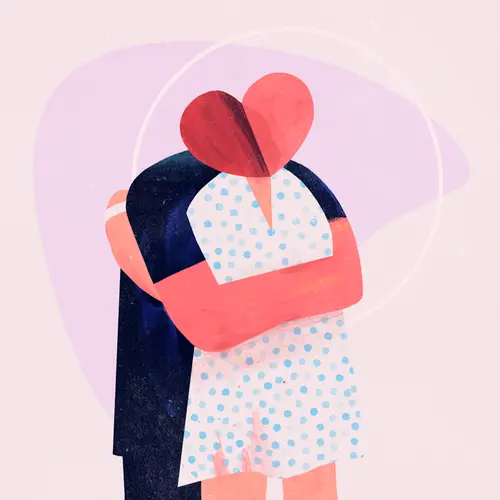Cording, also known as axillary web syndrome, can happen a few weeks after a mastectomy or lumpectomy. It causes pain and lumpiness in the armpit or elbow, flaring up when you try to straighten or lift your elbow. Gone untreated, it can cause further pain and tightness.
Cording is relatively rare and only occurs in around 10% of breast cancer patients. However, treatment is always necessary if you have it, as it can significantly reduce your ability to move your arm. If you have cording, it will be clear, and you will be able to see the cord or the many different cords throughout your arm.
Usually, when you have cording, your doctor will refer you to a physical therapist. Your physical therapist will work with you to help relieve your cording. This treatment could involve stretching, massages, moist heat pads, and pain medications. Your therapist could also use a very low-intensity laser to break up your cords as well.
Every treatment with your therapist will be centered around breaking up the scar tissue in the cord or cords. As you are treated, releasing one part of your cord might make the pain worse in another part of it. This is a normal part of treatment, and you should not worry about it; it is a sign you are getting better.
You can generally expect your cording to go away after a couple of physical therapy sessions or within a couple of months. Occasionally, cording will come back, but this is quite rare. Usually, it is a one-time issue. There are no known long-term effects of cording.
Keeping up with your cording physical exercises is still recommended, though, even after your cords go away. These exercises help with surgery recovery and can also be great tools for retaining mobility during further treatments. In addition, many of these exercises target the soft tissue and joints, which are your most vulnerable areas during this time.
Cording is not linked to lymphedema: lymph node build-up. However, research still needs to be done on this, as the ultimate causes for cording are not understood fully yet. Most medical professionals believe that the most likely cause is clotted lymph vessels. These vessels become inflamed and get thicker and shorter if they clotted for longer periods.

